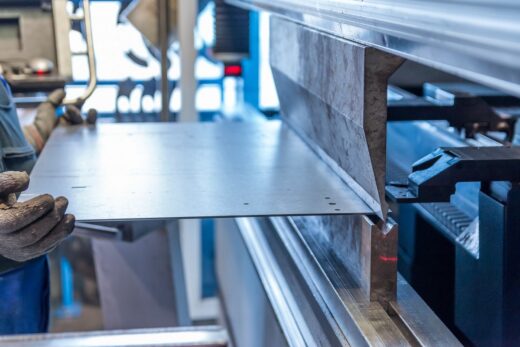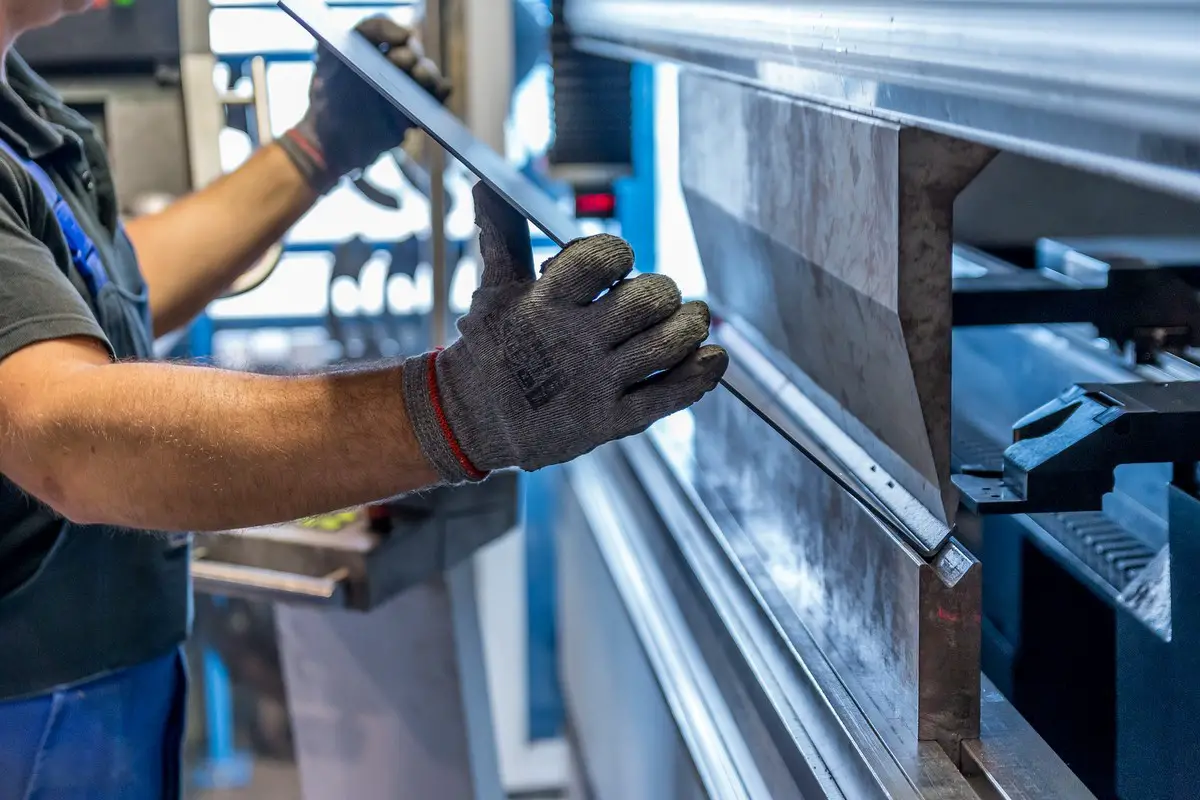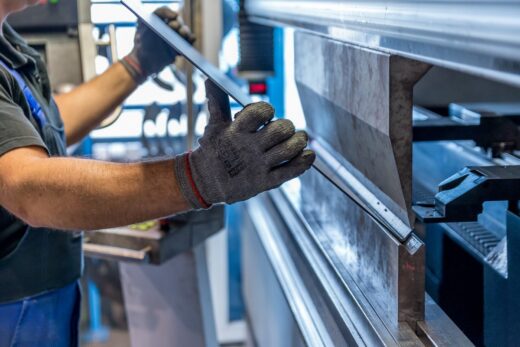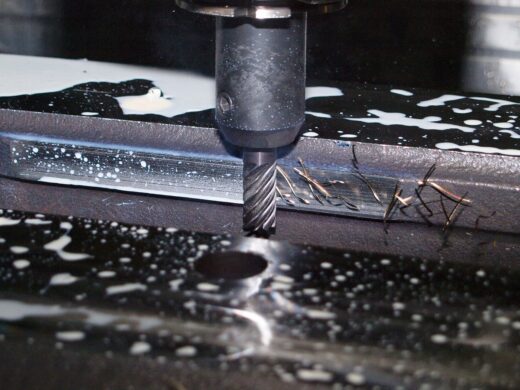Guide to How to set up a CNC machine shop, Computer numerical control tips, Gantry systems machining advice
How to Set Up a CNC Machine Shop?
post updated 11 February 2024
Are you planning to become the owner of a CNC machine shop? If so, this article will help you to learn how to set up your own CNC machining shop and whether it is the right fit for you.
Understand the key work streams including business planning, finance and accounting, permits, legal work, hiring, and marketing. Kickstart your CNC machinery shop.
11 March 2022
Step 1. Plan Your CNC Machine Shop
Before starting, you should create a business plan for building your CNC machine shop. A clear plan will help you map out the specifics of your CNC machining business.
What You can Offer in Your Shop?
Are you going to be a CNC machine dealership, will you offer cnc programmers for hire, or offer general repair and maintenance? You must be clear about the purpose of your shop. Most store owners have grown from a single business. So don’t be in a hurry and want to do everything, the more proficient you are at your business, the more customers will be attracted.
How to Choose a Location for Your Shop?
Shop owners must consider several factors when deciding where to open their CNC machine shop, including near to your target market, visibility, accessibility, and rent. Weigh all the pros and cons. This is the most important decision you’ll make.
With CNC machines being extremely large objects to move, you must ensure that the CNC machine movers you employ can easily access the shop with their equipment. Since there will be CNC machines coming and going from the shop, the last thing you want to do is create a difficult environment for the riggers every time a machine needs to be moved.
How Much Does it Cost to Start Your Shop?
The business owners must consider the cost of running a shop. It’s important to know the startup costs of a CNC machine shop. The total cost is $60,000+, including business license, certifications & registration fee, insurance, shop rental fee, CNC machines and mechanic’s tool set.
Who are Your Target Customers?
This ties in to the types of CNC machining services you plan to offer. The best types of target customers are those with a service contract. The worst types of target customers are those price shoppers who take advantage of special discounts.
Who are Your Competitors?
You should be aware of who are your potential & current competitors and understand how they affect the business of your own shop. This information can help you to get benefits in your CNC machine shop marketing. It’s easier to grow up your CNC machining business if you know the challenges you face.
How to Make Money with Your Shop?
A CNC machine shop makes money by charging a flat fee or hourly rate for service. In some shops, owners set routine maintenance fees, charging a set price for tools & bits. In other shops, all profit is based on parts, accessories, add-ons, and labor cost. It isn’t easy to making your shop more profitable. Therefore, in addition to professionalism, we must work hard.
Step 2. Form Your CNC Machine Shop Into a Legal Entity
After planning your business, the next step is to get legalities in order. Every new shop needs to obtain business licenses. Establishing your CNC machine shop as a legal entity is no exception. The most common business structure types are corporation, partnership, sole proprietorship, and limited liability company (LLC).
Step 3. Register Your CNC Machine Shop for Taxes
You will need to register for a variety of taxes before starting your business. In addition, you need to apply for an EIN in order to register for taxes. You have different options for how your shop will be taxed, all depending on which business structure you choose.
Step 4. Open a Business Bank Account & Credit Card
Using dedicated business bank and credit card is essential for personal asset protection in case of bankruptcy or if any legal action is taken against your CNC machine shop. With a business account, you can get a higher line of credit, better interest rates, and more benefits. Your shop can build a credit history with a dedicated business credit card, which is useful when trying to raise more money in the future.
Step 5. Set up Accounting for your CNC Machine Shop
Regardless of the type of CNC machine shop you run, recording the sources and expenses of income is important to understanding the financial performance of your business. Keeping a detailed and organized history of your expenses, income, liabilities, and assets is critical to simplifying your annual tax filing.
Step 6. Get CNC Machine Shop Permits & Licenses
You need a business license and certain permits before starting a CNC machine shop. Failure to obtain necessary permits and licenses can be subjected to hefty fines, or even shut down.
Step 7. Get CNC Machine Shop Insurance
Your business will run safely and lawfully with insurance, which is a must-have for all CNC machine shop owners to protect protect the shop’s financial well being in the event of a covered loss. There are different types of insurances for different businesses with different risks. You can start with General Liability Insurance if you are not understanding the types of risks that your business will need.
Step 8. Define Your CNC Machine Shop Brand
Your brand is what your shop stands for, as well as how your business is perceived by the public. A strong brand will help your business stand out from competitors. A well-designed logo is the key to a well-known brand. If you feel hesitant to design your logo, you can hire the third-party professional design company to create a unique logo for your business.
Step 9. Create Your CNC Machine Shop Website
After finalizing your brand and logo, the next step is to create a website for your shop and business. But some shop owners don’t think creating a website is an essential step because they don’t have any experience monetizing a website.
In fact, a profitable website is very important for business growing. You can optimize your website through SEO to make it have a good ranking on search engines, or you can promote your shop by ads with Google, Bing and Yahoo.
Step 10. Start Selling CNC Machines
So far all the preparatory work is done, and you can start simultaneous online and offline sales.
In terms of offline physical stores, you can attract customers through discounts or give away free services, let them know about your store with high-quality products and professional services, compare with your competitors, and show your unique advantages.
In terms of online sales, you can use your website to market your store. You can also utilize social platforms like Facebook, Twitter, Linkedin, Instagram, Pinterest, YouTube to market your CNC machines and CNC machining services.
Things To Consider
In the process of setting up a CNC machine shop, you must follow all the processes reasonably and legally, especially the local laws and regulations for your business. In addition, no business can be successful overnight, you must have confidence and patience for a new shop, so that your business will continue to grow up.
Comments on this guide to How to set up a CNC machine shop – machining business advice article are welcome.
CNC Wood Routing Work
Woodworking Posts
Professional carpenter and handyman services for home
Guide to CNC Machining and its purposes

How to plunge cut with a fixed base router
CNC designed architectural interiors with wood routing
Ultimate Guide to CNC Process for Architectural Work
Property Articles
Residential Architecture
Comments / photos for the How to set up a CNC machine shop advice page welcome.








